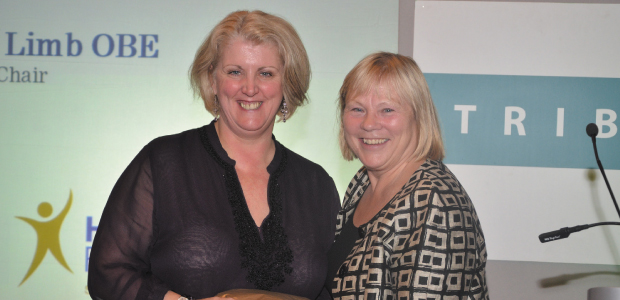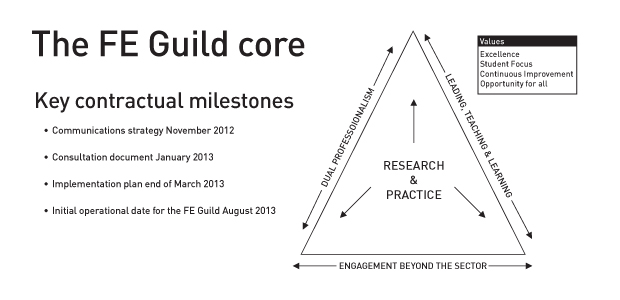Colleges should be leading the way to creating entrepreneurial communities, say Andy Pellant and Lynne Sedgmore
Entrepreneurship is a key word on many people’s lips at the moment. The working world of the 21st century is one in which resilience, enterprise and personal qualities are as important as skills and knowledge; one in which coping with change is inevitable, and job and wealth creation are critical.
High unemployment and fiscal constraints mean that our society needs to foster and support more job creators than job seekers, to invest in those with a strong sense of their ability to be entrepreneurial.
FE colleges are natural places in which this can happen. Generating successful job creators and entrepreneurs can only benefit the community and help to stimulate the economy — essential roles for all colleges.
But such important work requires a new form of leadership, one that builds on the sector’s strong capacity to deliver high quality core business skills and qualifications, but one that also has a clear vision of the future. It requires a leadership that recognises that to produce entrepreneurs and entrepreneurial ways of learning, a college must itself be entrepreneurial in all that it does.
The Gazelle Group’s Enterprising Futures publication shows how the truly entrepreneurial college can be enterprising and risk-taking – while encouraging staff to behave similarly.
Gazelle was set up with the intention of achieving an identifiable group of enterprising colleges within five years. But already it is reaching into the whole sector, as well as internationally.
A college must itself be entrepreneurial in all that it does”
The Association of Colleges’ conference next week will host the launch of the Gazelle Entrepreneurial College Leadership Programme, supported in its development by the 157 Group and the Learning and Skills Improvement Service.
This programme, which will pilot its first groups in February and March next year, will be challenging, disruptive and supportive — and of course, highly entrepreneurial in its design and learning processes.
Drawing on a powerful partnership with Babson College and Babson Global, the Gazelle leadership programme will offer a powerful way to unlock untapped potential and ambition, introducing participants to designing and implementing an entrepreneurial college.
It will signpost the way to redefining colleges as a ‘whole community learning resource’, and as a space in which entrepreneurial activity is not only nurtured but in which it can flourish.
A critical element of the learning experience will be access to the Gazelle entrepreneurs — well-known figures from the business world who have a commitment to entrepreneurial learning within further education.
We look forward to sharing more details about it at an AoC conference workshop, letting you find out how all principals and professionals within FE colleges can access this powerful developmental opportunity.
Andy Pellant, is associate director of the Gazelle Group; Lynne Sedgmore is
director of 157 Group






